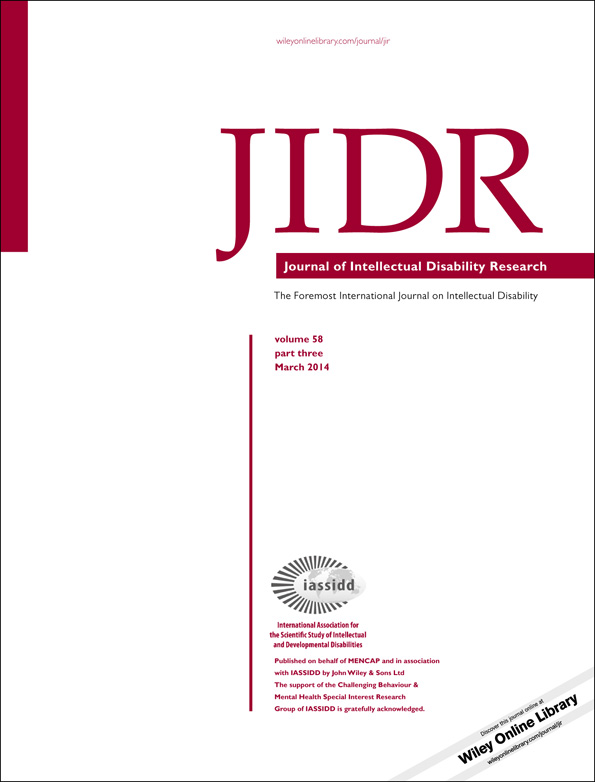Body mass index of adults with intellectual disability participating in Special Olympics by world region
Abstract
Background
People with intellectual disability (ID) experience poorer health and have more unmet health needs compared with people without ID, and they are often absent from population health surveillance. The aim of this study was to describe the body mass index (BMI) status of adult Special Olympics participants by world region and gender. Additionally, the general influence of age and gender on overweight/obesity of all participants was explored.
Method
A total of 11 643 (7150 male and 4493 female) Special Olympics BMI records were available from the Special Olympics International Health Promotion database. BMI was compared by gender and world region. Logistic regression was used to examine whether age and gender were associated with the likelihood of being overweight/obese (BMI ≥ 25.0).
Results
Overall, 5.5% of the sample was underweight, 36.1% in the normal range, 24.7% overweight and 32.1% obese, and levels of overweight/obesity were very high in North America. Both age and gender were significant predictors of overweight/obesity (odds ratios 1.06 and 0.59, respectively).
Conclusions
Our findings demonstrate that adult Special Olympics participants have high levels of overweight and obesity; particularly among women and those from North America. It is crucial that those who work with, care for, coach and live with adults with ID who participate in Special Olympics increase efforts to promote healthy weight status.




